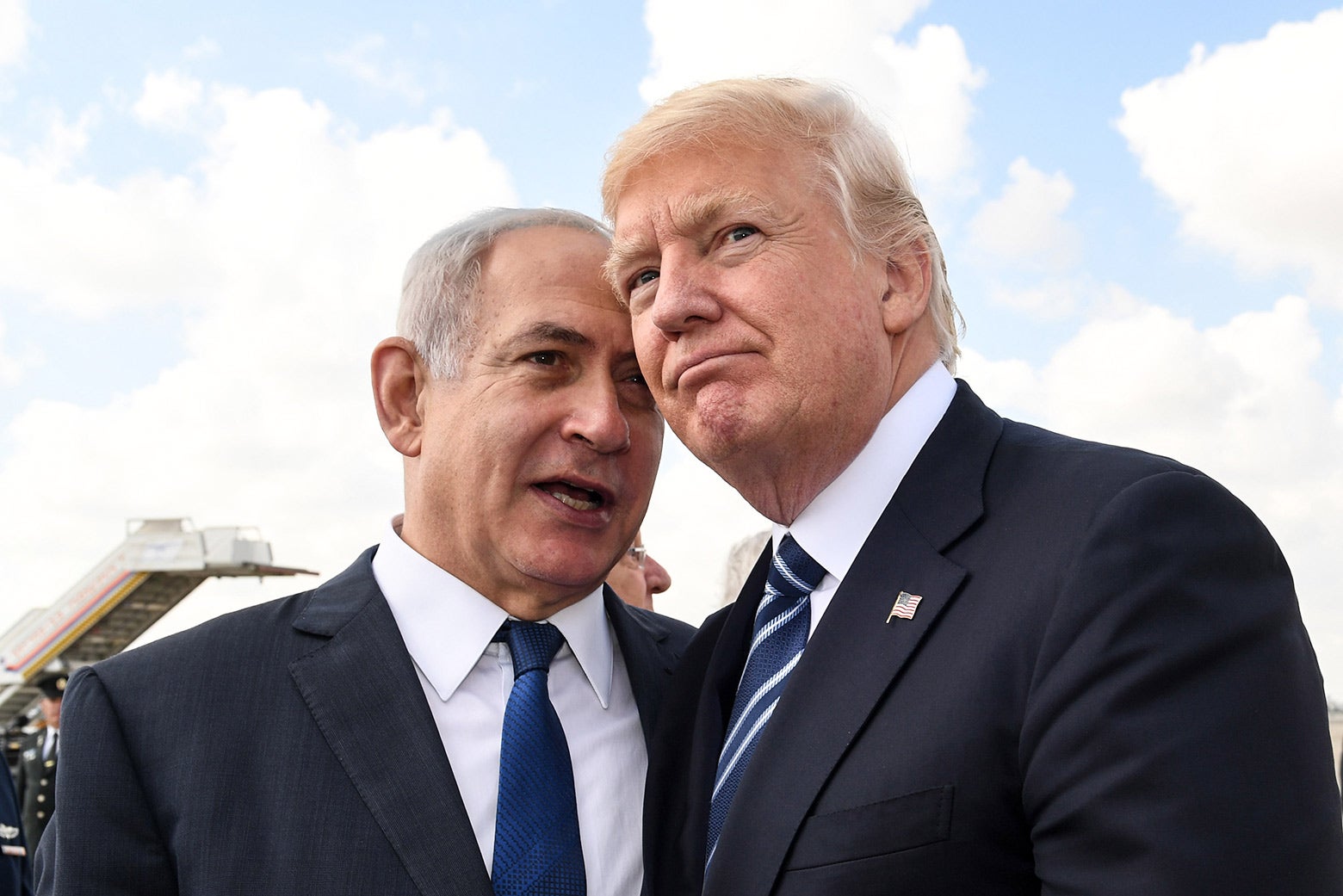Politics
Trump’s Alarming Call with Netanyahu

Donald Trump recently claimed he spoke with Israeli Prime Minister Benjamin Netanyahu about ongoing conflicts in the Middle East. During a rally, Trump recounted how Netanyahu allegedly disregarded President Joe Biden’s advice against military action in Rafah, Gaza, which reportedly led to the fatal encounter with Hamas leader Yahya Sinwar. Trump also mentioned that Netanyahu sought his counsel regarding Iran’s missile strikes on Israel, to which Trump replied, “Do what you have to do.”
If these assertions hold up, Trump may have engaged in a troubling act of diplomatic impropriety, potentially crossing legal boundaries established by the Logan Act. This legislation, enacted in 1799, prohibits unauthorized communication between American citizens and foreign governments regarding disputes involving the U.S. Historically, it has been sparsely enforced, often due to its ambiguous scope and clashes with First Amendment rights. However, the implications of an opposition presidential candidate engaging with foreign leaders in such a tense political climate cannot be overstated.
Many past leaders have noted the significance of having a single president at any given time, especially when sensitive international matters are at play. Trump’s phone call comes at a critical moment, where peace negotiations might be on the horizon following the death of Sinwar. If Netanyahu indeed dismissed Biden’s advice after Trump suggested he should turn down any cease-fire proposals, it raises alarm about the integrity of U.S. foreign policy.
Historical parallels exist, such as Richard Nixon’s interference in Vietnam peace talks during the 1968 election, where he advised South Vietnamese leaders to stall negotiations, promising a better deal if he won. This intervention underscored the possible ramifications of undermining a sitting president’s diplomatic efforts, contributing to prolonged conflict and loss of life.
Trump’s casual dismissal of Biden’s policy stance during his conversation with Netanyahu hints at a similar disregard for the current administration’s approach, which is aimed at placing curbs on aggressive military actions by Israel.
In Bob Woodward’s recent book, he reveals Trump had multiple private conversations with Russian President Vladimir Putin after leaving the White House, leaving substantial questions about the content of those discussions. Trump has articulated a desire to change the course of wars in Ukraine and Gaza, asserting he would do so as soon as he regains power, raising eyebrows about the legality and morality of his approach.
The national security implications are profound. If any communications from Trump to foreign leaders were recorded, as is standard procedure, it’s imperative for those with the right clearances to scrutinize them to ensure American interests are protected.
